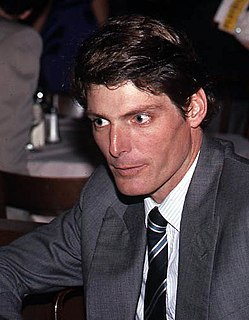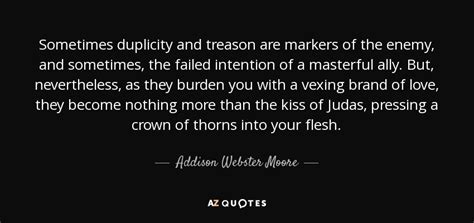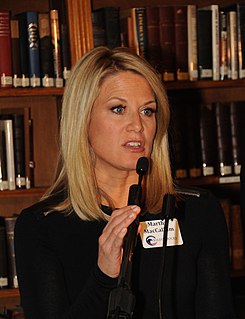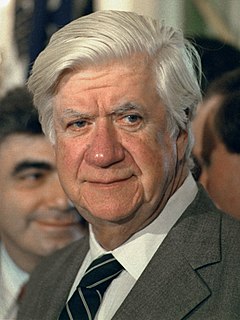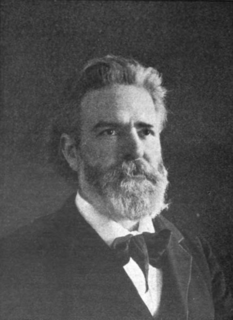A Quote by Christopher Reeve
Every scientist should remove the word 'impossible' from their lexicon.
Related Quotes
You didn't happen to see your future mother-in-law at that meeting today, did you?" May as well milk the effort. "Yes, the hormonal carp was present." "Marshall!" "She blew me a new one, as you would say.""She ripped you a new one," I correct. "The word blow has an entirely different meaning. I suggest you remove it from your lexicon.
You should not use your fireplace, because scientists now believe that, contrary to popular opinion, fireplaces actually remove heat from houses. Really, that's what scientists believe. In fact many scientists actually use their fireplaces to cool their houses in the summer. If you visit a scientist's house on a sultry August day, you'll find a cheerful fire roaring on the hearth and the scientist sitting nearby, remarking on how cool he is and drinking heavily.
The scientist is not responsible for the laws of nature. It is his job to find out how these laws operate. It is the scientist's job to find the ways in which these laws can serve the human will. However, it is not the scientist's job to determine whether a hydrogen bomb should be constructed, whether it should be used, or how it should be used. This responsibility rests with the American people and with their chosen representatives.
I think the speaker of the House in Congress should be like the Massachusetts speaker: all-powerful. He should appoint committee chairmen and remove them if they stray from the party line. He should be answerable only to the caucus, which can remove him at any time. I'd throw the seniority system out on its ear in Congress.
